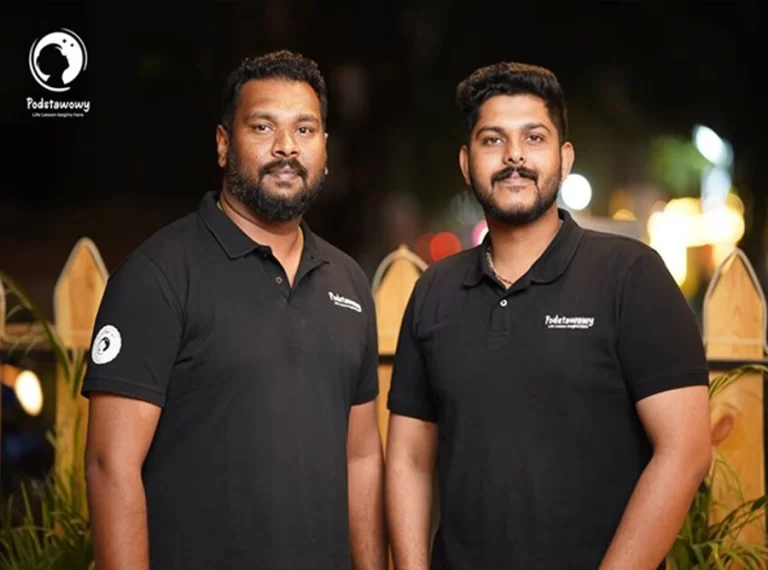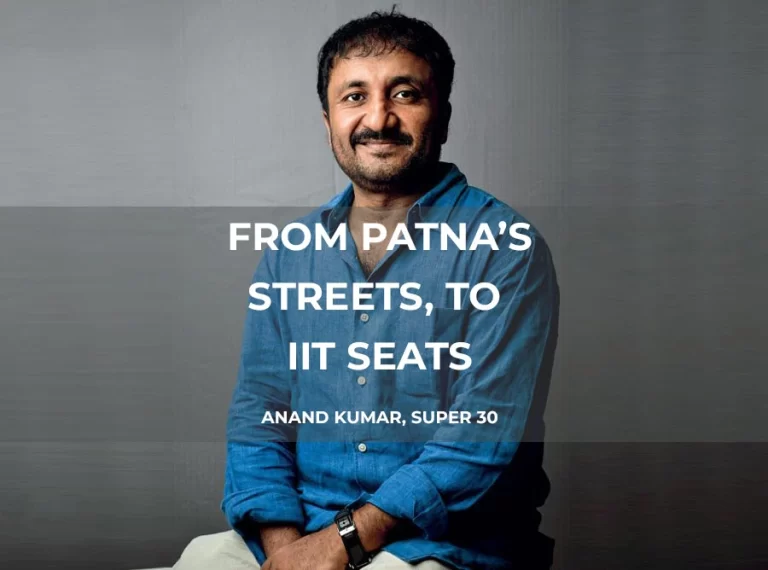Vineet Gupta of Plaksha University : Innovation in Technology Education
Vineet Gupta says Plaksha University seeks to provide an outstanding learning environment for students and equip them to take on the challenges of the 21st century.
There is an emerging concern that if the curriculum and standards of our K–12 system are not revised with workforce advancement targets, the future workforce of the country— will lack the necessary technical knowledge and skills. Employment that requires STEM (science, technology, engineering and mathematics) skilled personnel will encompass both people with advanced degrees and graduates who have skill-sets acquired through practical training.
Vineet Gupta, Plaksha University’s Founder states, “The focus of K–12 education needs to change to incorporate more STEM skills and experiential learning to address the demands required for a more capable workforce. STEM areas not only provide subject matter knowledge but also equip students with strong analytical ability and problem-solving skills. To spur development, innovation and research in our country, this is a need for exceptional educators who can help nurture this talent.”
The New Education Policy (NEP-2020) proposes changes to the country’s education system. The two main recommendations are to improve existing institutions by adding new departments and courses and to combine various institutions with other specialized ones. The NEP has the ability to spur education in our country. One of the NEP-2020 objectives is to establish more multidisciplinary institutions. The policy statement has a goal to increase student enrolment in vast numbers by 2040, and to make the nation’s higher education institutions as multifarious as possible by the year 2030. Higher education’s gross enrollment ratio, which includes specialized academic programmes, is projected to increase from 26.3% in 2018 to 50% in 2035.
Also read: Vineet Gupta Jamboree Founder : Demand for foreign education prospers despite the pandemic.
A key component of the NEP-2020 is employability. Other notable components are multidisciplinary education, flexible choice and options in learning, academic banks of credit, and incorporation of key professional skills.
“Education reforms can prepare our workforce for the 21st century by providing them with knowledge and skills required to solve challenges in our society. Collaboration with other institutions may indeed be beneficial for institutions with insufficient resources. It will allow students to pursue new courses and access better quality education. I do hope that with the implementation of the NEP, the educational ecosystem will undergo a much-needed structural transformation, resulting in training students with technology skills and the ability to innovate, required for success in a global economy,” shares Vineet Gupta.
Plaksha University in Mohali, Punjab is a new technology university that aspires to reinvent engineering education and solve some of the most pressing challenges that our country faces. It distinguishes itself from other technical institutions by making engineering education interdisciplinary and experiential and training students to tackle big problems. It will provide an immersive teaching-learning environment and make learning more interesting and participatory.
Plaksha University also intends to set up learning laboratories using Metaverse technologies inside the campus to provide students with an immersive learning experience.
“Plaksha University seeks to provide an outstanding learning environment for students and equip them to take on the challenges of the 21st century. Our coursework focuses on modern technologies, and we have re-imagined disciplines of engineering education. Our labs and maker spaces are contemporary and state of the art. A fundamental grounding in computing and mathematics is embedded in all our engineering degrees. Students at Plaksha also go through projects and coursework that help build on skills of entrepreneurship, leadership and communication. We hope that Plaksha will be a premier institution of technology in times to come,” says Vineet Gupta Plaksha University Founder.
For India to prepare its workforce to fulfill the demands of a robust and expanding economy, a more concerted effort on STEM courses is needed. The government is engaging in a number of programmes that have the possibility of influencing STEM education, but for these initiatives to have a significant impact, they must be integrated. Additionally, the goal of education goes beyond educating students for the workforce alone; it also includes educating them for life.
People are members of civil society and ought to make substantial contributions to make the world a better place. Vineet Gupta also expounds the value of continuous education in the digital age. ” If we don’t pursue acquision of knowledge continously, we risk falling behind. In order to adapt to and succeed in a world that is rapidly changing, students will need to learn, be resilient and agile,” concludes Vineet Gupta Plaksha University Founder.










